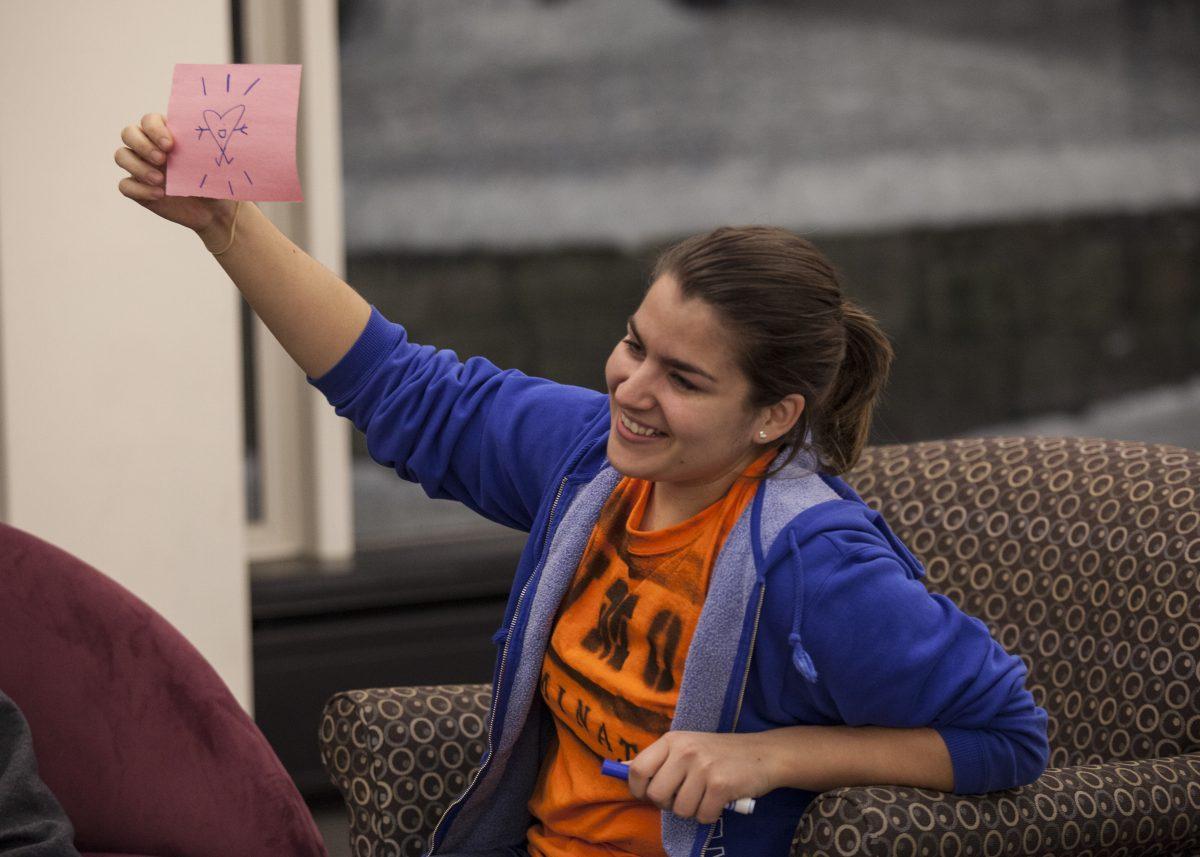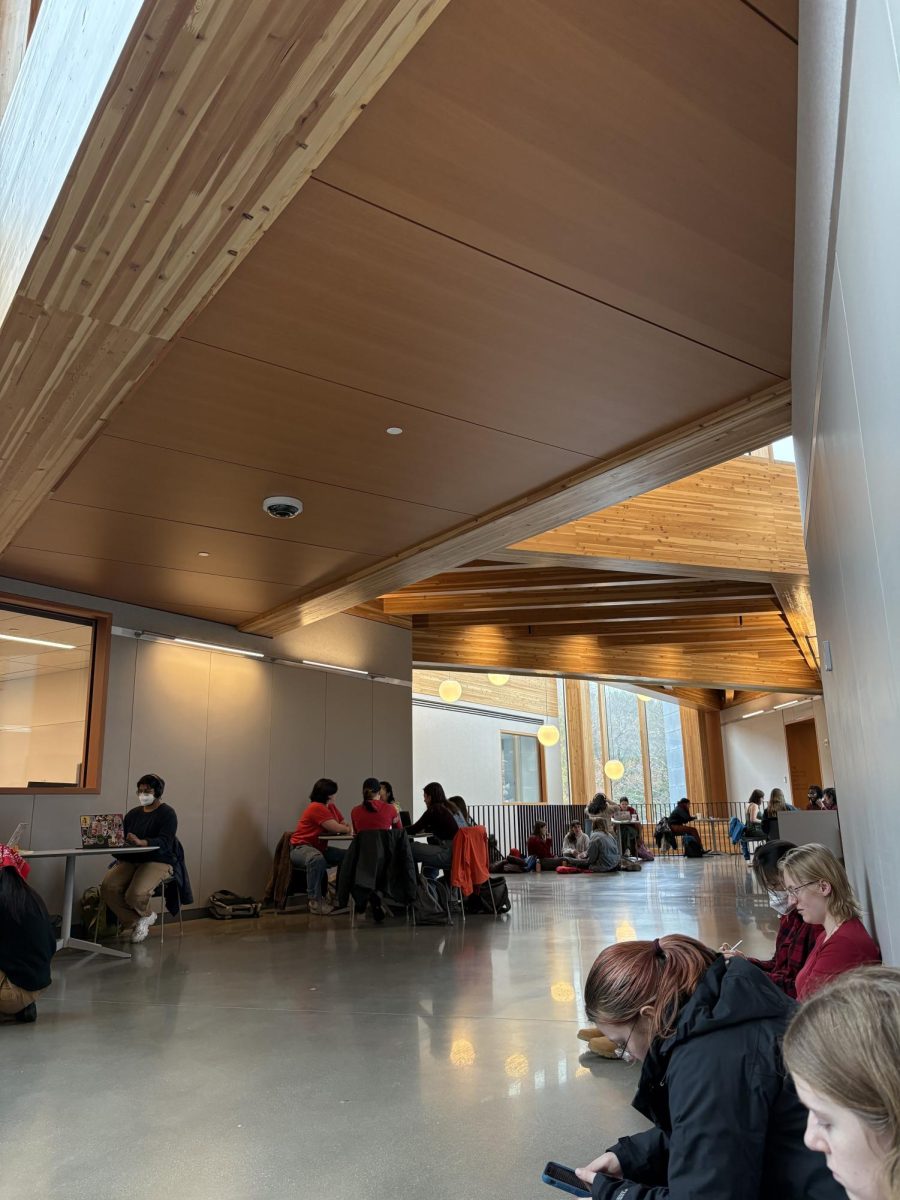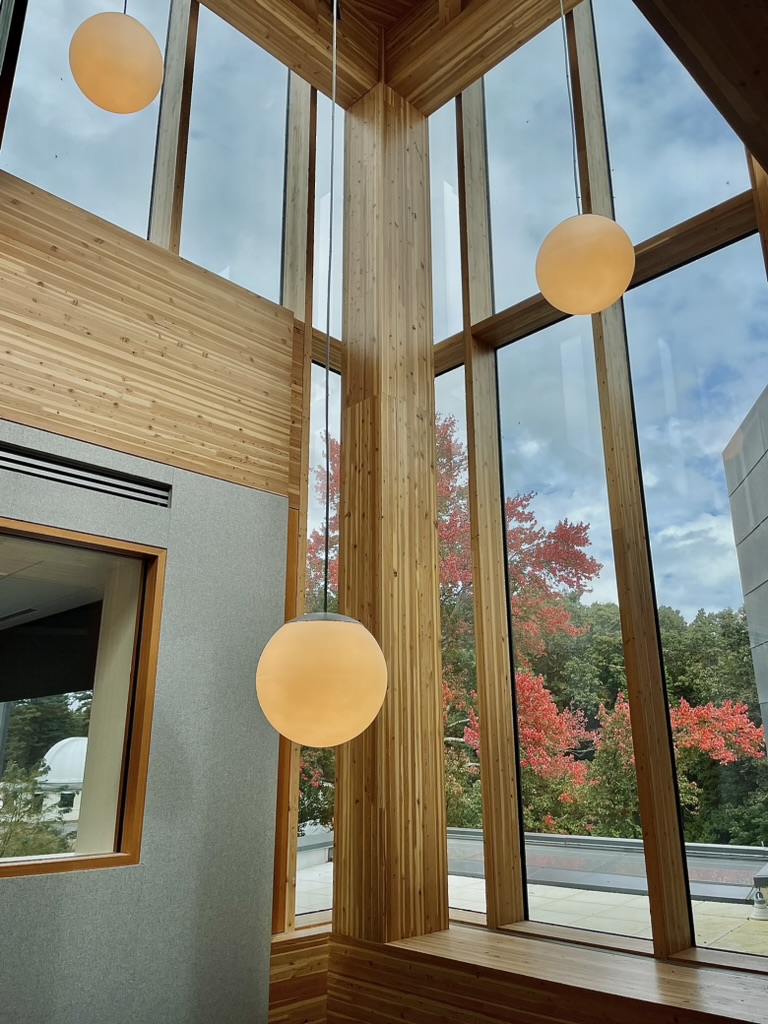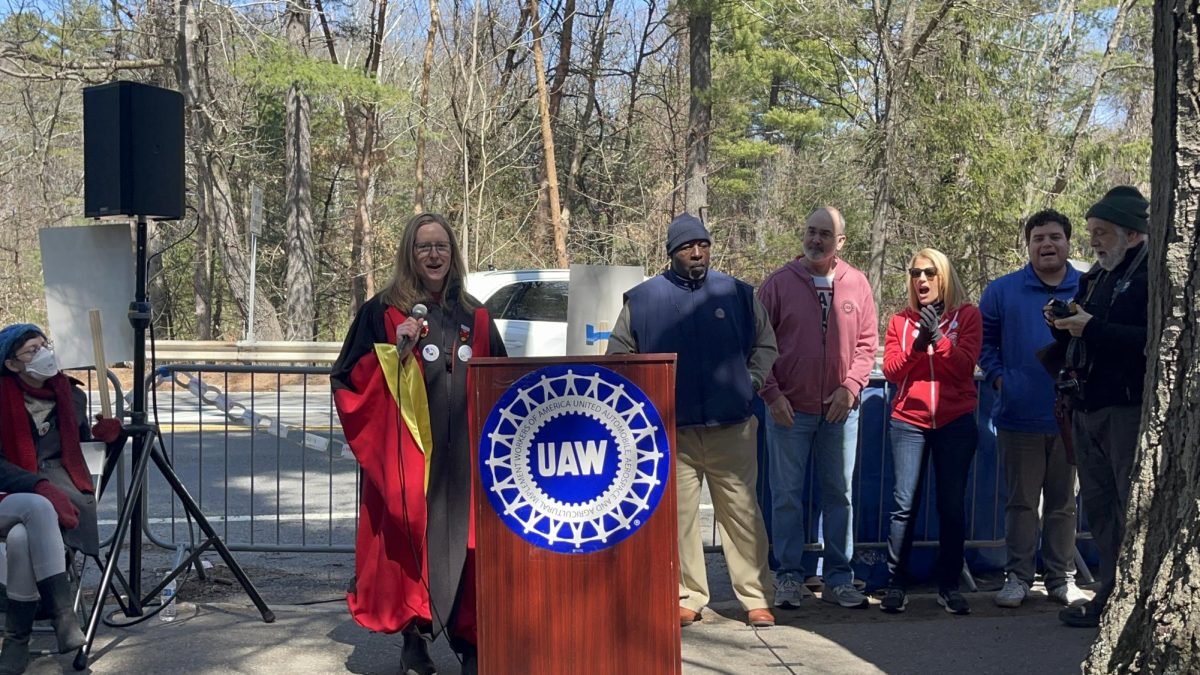At Senate on Monday, Feb. 6, Wellesley College Government (CG) announced a decision made by the CG President (CGP), Zainab Younus ’17, to create an ad hoc committee with a focus on mental health on campus. The purpose of the committee is to investigate what mental health resources students would like to see provided by the college. Younus hopes that this committee will be used to improve the campus’s approach towards mental health.
“I hope that this collection of students needs and perceptions can be used to guide policy decisions and/or recommendations,” she said.
Younus had the idea for this committee before she ran for College Government President (CGP), and it was part of her platform during her campaign.
“Last semester, Senate held a multipart series in which we focused on institutional and student-led mental health resources. With that knowledge in our toolkit, the next step that I would like to follow is to convene this committee,” Younus said.
Vice President of Active Minds and Mental Health Coordinator Sophia Temkin ’17 is glad that Younus is following through with this part of her campaign.
“[When I first heard about the decision,] I was excited that CGP was following through with one of the campaign promises that had been made. I think it is important that all cabinet members hold themselves accountable to the platforms they run on, so I was glad to see that happening,” she said.
According to Younus, the committee members and its data collection methods have yet to be solidified, but she says that she will begin contacting relevant organizations and finalizing her plan over the next few weeks.
“In the coming weeks, I will be contacting students/organizations that I think would be a great fit for the committee. If spots are open, there will be an application process for students to apply to participate in the committee Students who are interested can expect an application to be sent to the student body… Data collection methods have not been discussed as a full committee but I would say that surveys are very likely to be sent around to the student body,” she said.
With the data that the committee collects, Younus plans to address and improve problems of mental health resources on campus.
“My intention with this committee is to gather and compile data, both numerical and anecdotal, on students’ perceptions of mental health resources available on campus. Are there any gaps that exist? If so, what are they? Once the data is collected, I, along with the committee, will deliberate and move forward from there,” she said.
Temkin hopes that many of the details about the committee and how it will function will soon become clearer.
“I do think how this committee was announced demonstrates the importance of transparency on campus. I hope to get a clearer understanding of who will be on the committee, what actions it will take, and what the goal is of the committee,” she said.
One concern that some students have is ensuring that the committee collects accurate results that reflect the needs of Wellesley students in order to address them properly.
“I think she [Younus] needs to solicit people not only in organizations involved with mental health but people whose majors revolve around research, such as psychology, sociology, economics to make sure that the data itself can bring back accurate results,” Ariana Gonzalez Bonillas ’18 said.
However, mental health organizations on campus are excited by the prospect of working with and serving on this committee. Aggie Rieger ’17, president of Active Minds, hopes that the knowledge that Active Minds and the Mental Health Educators (MHEs), a sub-group of Active Minds which receives extra training from the Stone Center, possess will be used in the committee’s work.
“We’ve reached out to CG and are hoping that we’ll work together for the committee. One of the strengths of Active Minds, and especially the MHEs, is our training/experience with mental health resources on campus. We love sharing our knowledge and passion about mental health,” she said.
Balance Health Educators (BHEs) President Jelena Begovic ’17 is similarly eager about the formation of the committee. According to Begovic, the “goal of the BHEs is to educate the campus on how to live a balanced, healthy life and to practice living healthy ourselves as well.” Although the BHEs were not a part of the decision to create this committee, Begovic hopes that they will be closely involved with the committee’s work.
“I think this is great. We need to know how effective our resources are for students, and I hope that this information will be able to help us improve those resources… I think it would be great if the BHEs and other PHEs [Peer Health Educators] were involved. I think especially the MHEs and Active Minds [should be involved] since their focus is mental health,” she said.
Temkin recognizes, however, that this is not a problem that can be solved without difficulty. It is an issue that will require hard work from CG, these student organizations and the entire campus.
“It is so important to reduce mental health stigma on our campus, but also to recognize this is a difficult and complex issue that cannot be solved quickly or easily. We are so excited to work with CG on this important issue,” she said.
Yet these groups look forward to working with Younus in the coming semester to improve mental health resources on campus.
“Active Minds and the MHEs are always thrilled to be part of collaboration on campus. When student groups come together, positive messages about mental health and resources get a bigger voice. Working together also helps set the standard of students caring about mental health, and supporting ourselves and each other.”






